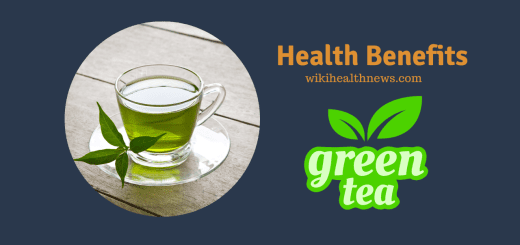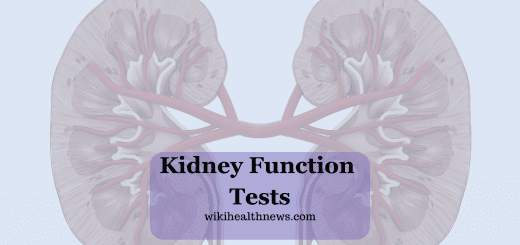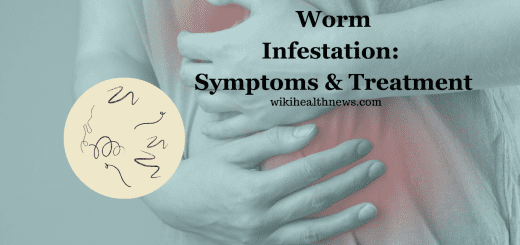Uses Of Neem Leaves & Extracts For Health
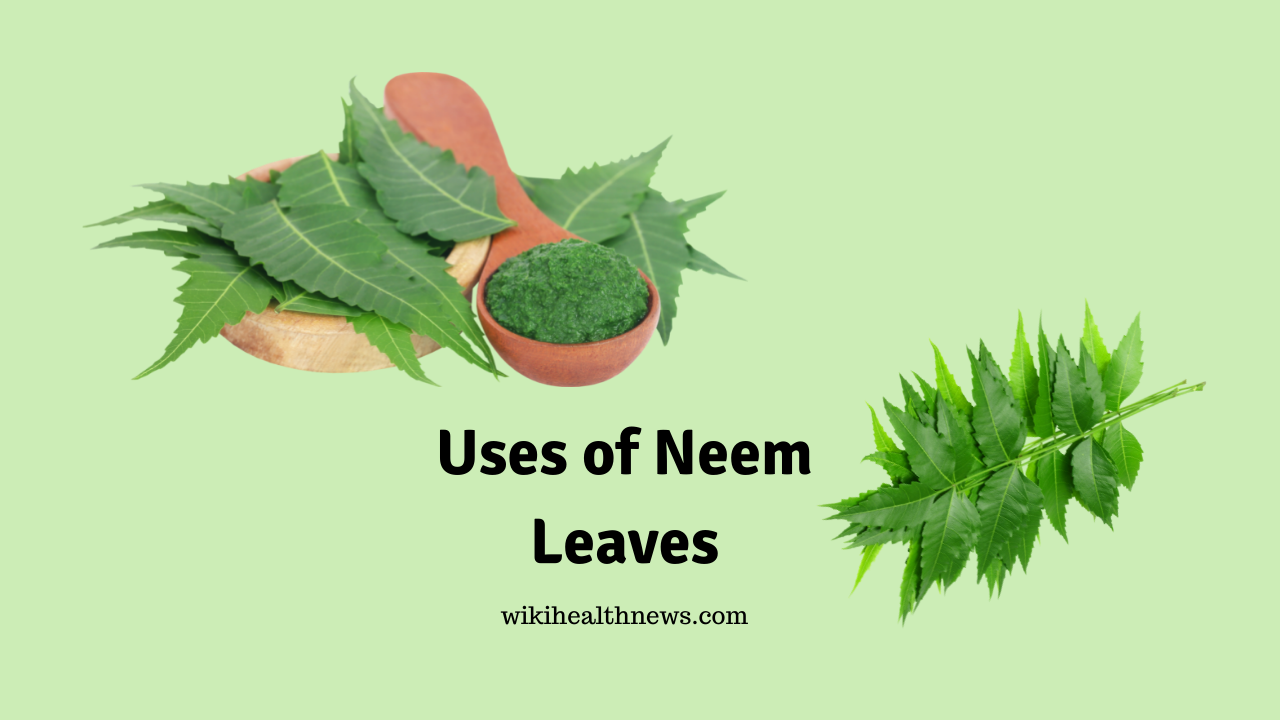
Neem tree is popularly known as the village pharmacy due to its many health benefits. It is also called the “Divine tree ”in the Indian Subcontinent. Traditionally neem leaf extracts are used to treat chickenpox, fever, headache, leprosy, jaundice, constipation, respiratory problems, rheumatism, and gastrointestinal disorders. In addition, commercial products used in cosmetics, soaps, toothpaste, and pest repellents are obtained from neem leaves. Recently their uses have been studied as a supplement to lower inflammation, diabetic control, and even to combat cancer.
What does it contain?
Several compounds found in neem leaves are mainly of the following families:
- Flavonoids
- Catechins
- Anthocyanins
- Quercetins
- Saponins
- Tannins
- Limonoids
- Gallic acid
- Other minor polyphenols
Medicine value of Neem
The leaves of this plant show an important role in diseases prevention and treatment through the
- Enhancement of antioxidant activity: Health-promoting effect is attributed to its rich content of antioxidants.
- Inhibition of bacterial growth: Quercetin and ß-sitosterol are flavonoids from fresh leaves having antifungal and antibacterial activities.
- Modulation of genetic pathways: Various constituents including nimbin, nimbidin, nimbolide, and limonoids are present in neem leaves. These ingredients play a role in modulation of various diseases by modification of genetic pathways.
What are the health benefits of Neem leaves?
Antioxidant Activity
Extracts from neem leaf, flower, and stem bark have strong antioxidant potential. Neutralization or stabilizing free radical activity is one of the important steps in disease prevention. Antioxidants can deactivate free radicals, often before they attack targets in biological cells. They also can activate antioxidative enzymes to control damage by oxidant injury.
Anticancer Property
Cancer is a multifactorial disease and also a major health problem. Molecular alteration and genetic modifications are pathways for preventing cancer-like conditions. Chemotherapeutic agents can treat some cancer but have profound side effects. In contrast, naturopathy offers various organic substances without any side effects. Leaves of neem contain flavonoids and various other ingredients that can inhibit cancer development. It can also modify certain genes which suppress the cancer cells and promote their death.
Anti-Inflammatory
Neem leaf extracts have anti-inflammatory activities and can reduce fever. Nimbidin present in neem suppresses the functions of macrophages and neutrophils causing inflammation. It can also reduce swelling and pain associated with inflammation up to some extent. This tremendous antiinflammatory effect can be utilized for wound healing.
Protects the Liver
Nimbolide is a hepatoprotective ingredient present in neem trees. It can protect the liver against carbon tetrachloride. It can prevent paracetamol induced liver damage as well. It can be taken with anti TB therapy to prevent the side effects on the liver. Also, they guard the liver against the detrimental effects of alcohol.
Antidiabetic Activity
Neem leaf can retard the absorption of glucose from intestine through enzyme deactivation. This is helpful in diabetic patients as it can control blood glucose level.
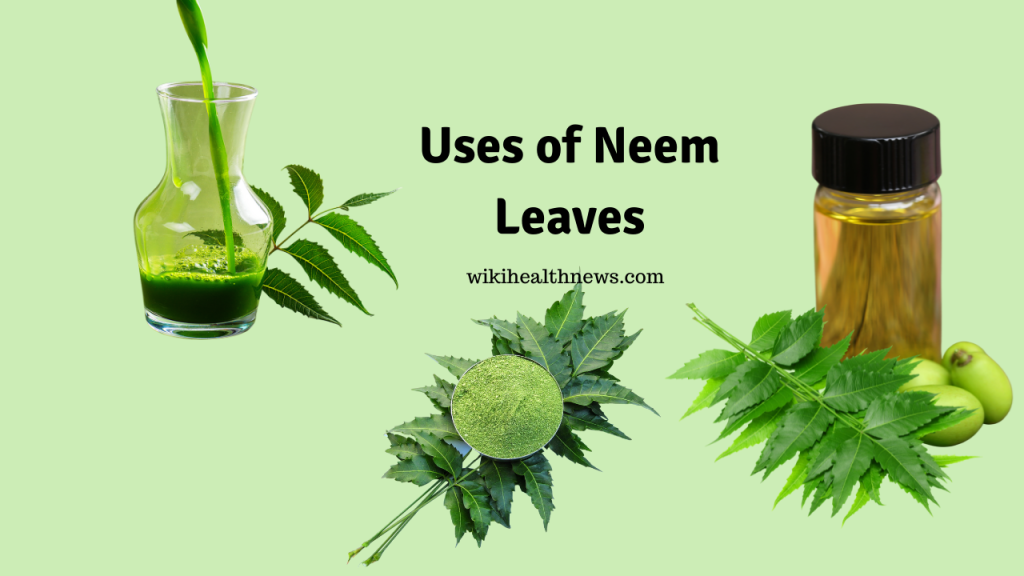
Action against infections
Neem and its ingredients can inhibit the growth of various disease producing organisms like viruses, bacteria, and fungi. Neem leaf extracts can potentially be useful to control foodborne pathogens and spoilage organisms.
Antifungal Activity: Alcohol extracts of neem leaves can retard the growth of fungi like Aspergillus and Rhizopus. Various products like neem oil , soap and cream are available for the same.
Neem for dental uses
Neem leaf extracts in the form of toothpaste and mouth rinse are used to prevent dental and mouth cavity infections. Chewing dried sticks is effective against many bacteria like streptococcus.
Growth Promoting Effect
Feeding dried leaves to chicks in a poultry can promote growth and boost the immunity. It can also prevent certain bacterial and viral diseases.
Safety, Toxicities of neem leaves
Improper use and unstandardized production for medicinal use is risky. Unhealthy conditions to produce extracts can lead to health problems. Certain compounds might have damaging effects on the liver and kidneys if taken in higher amounts. Neem oil poisoning can happen in children causing vomiting, hepatic toxicity, metabolic acidosis, and encephalopathy.
Read more






